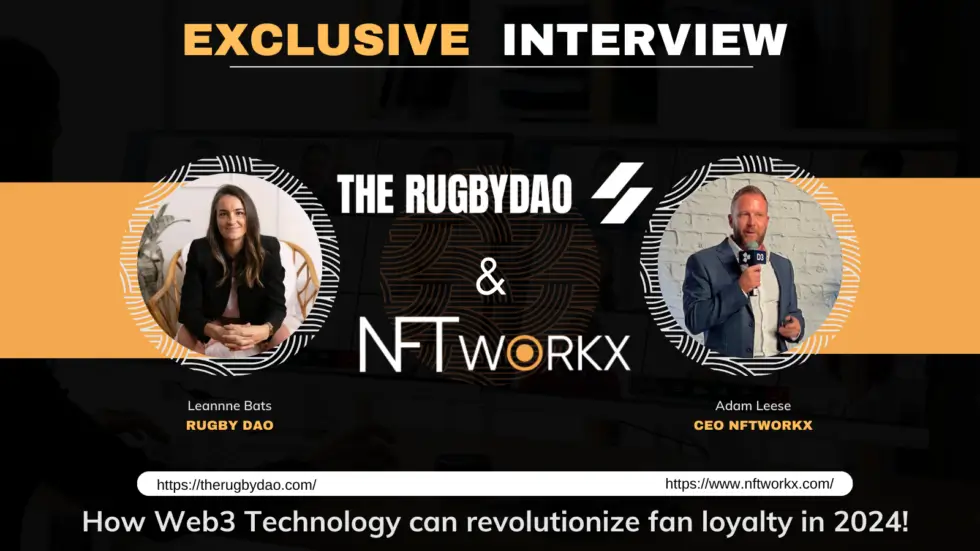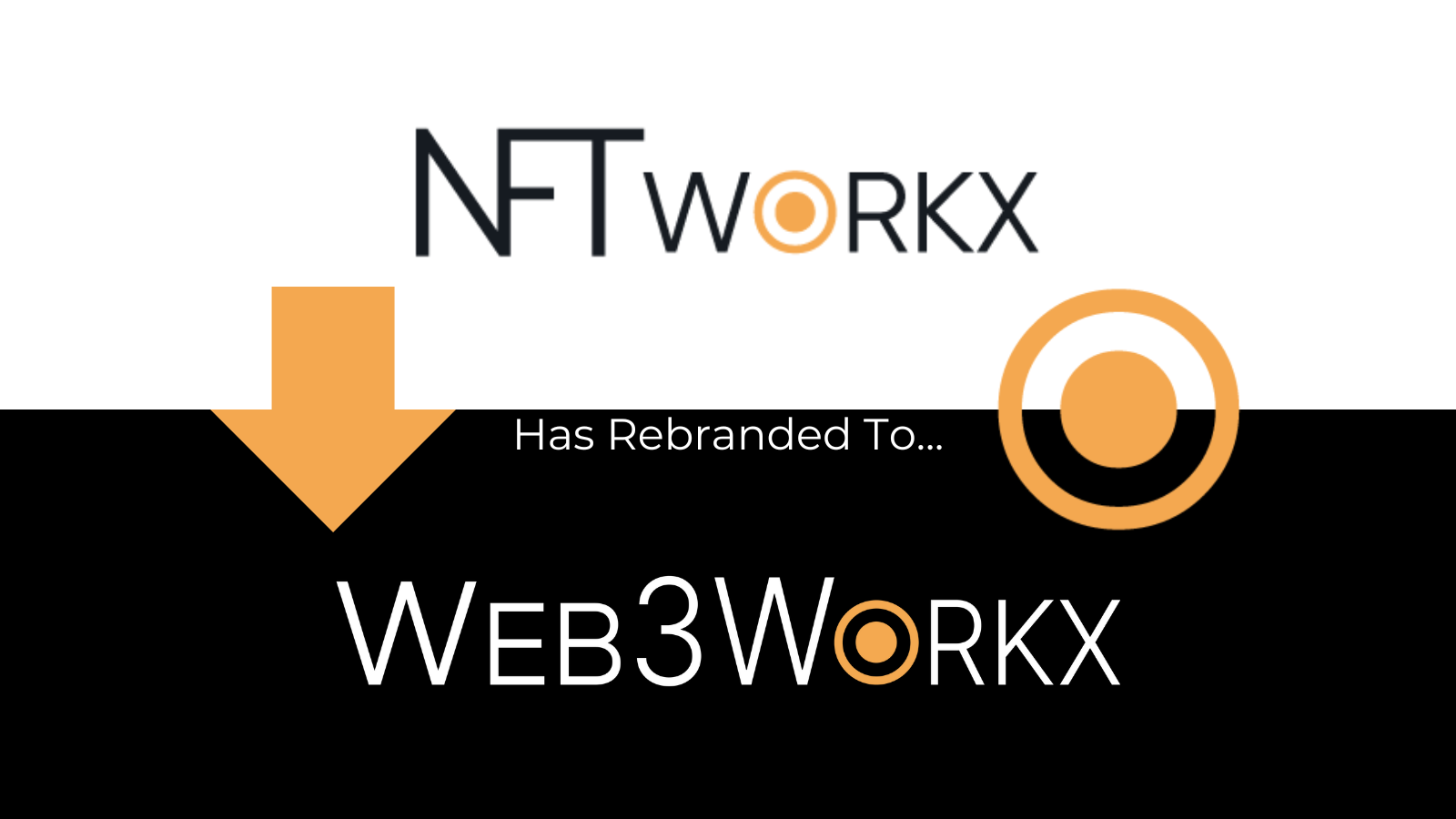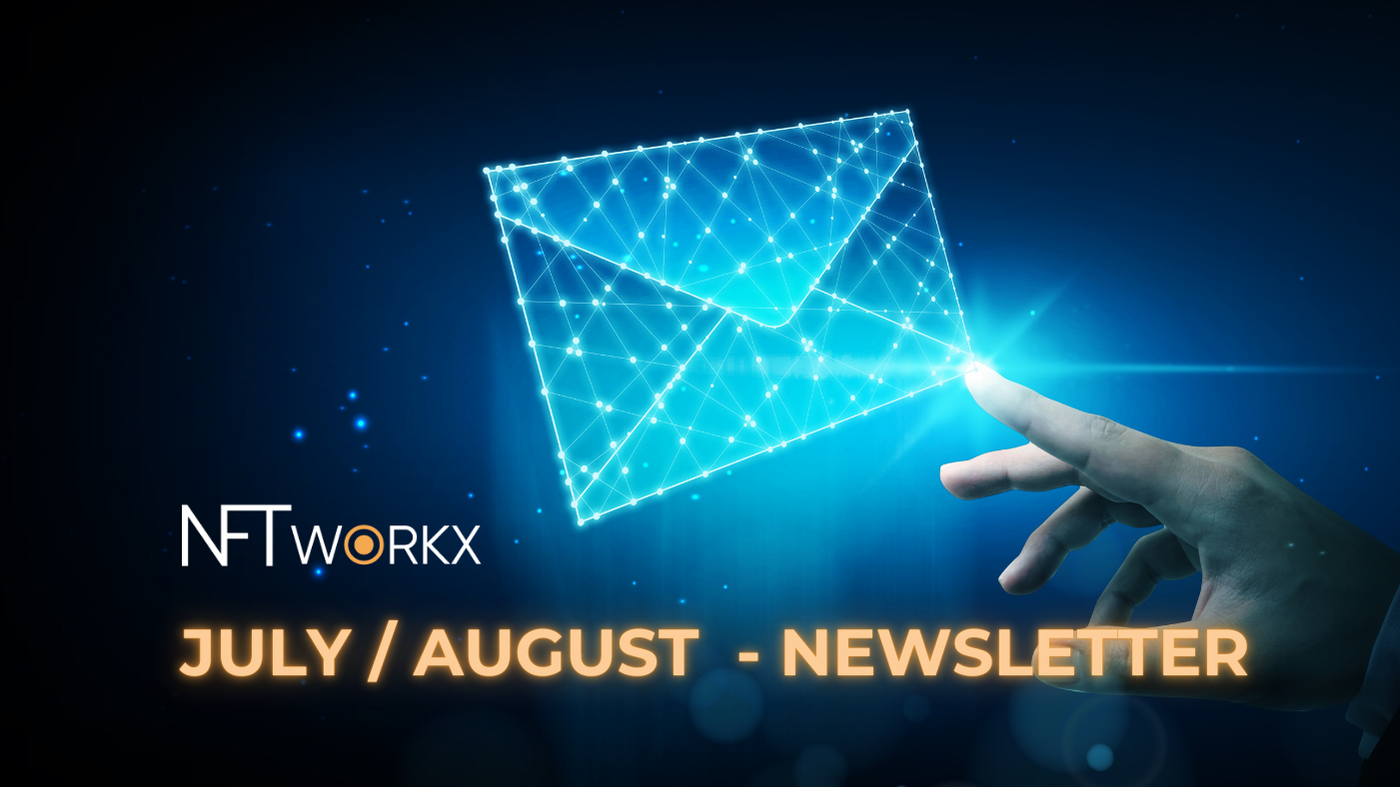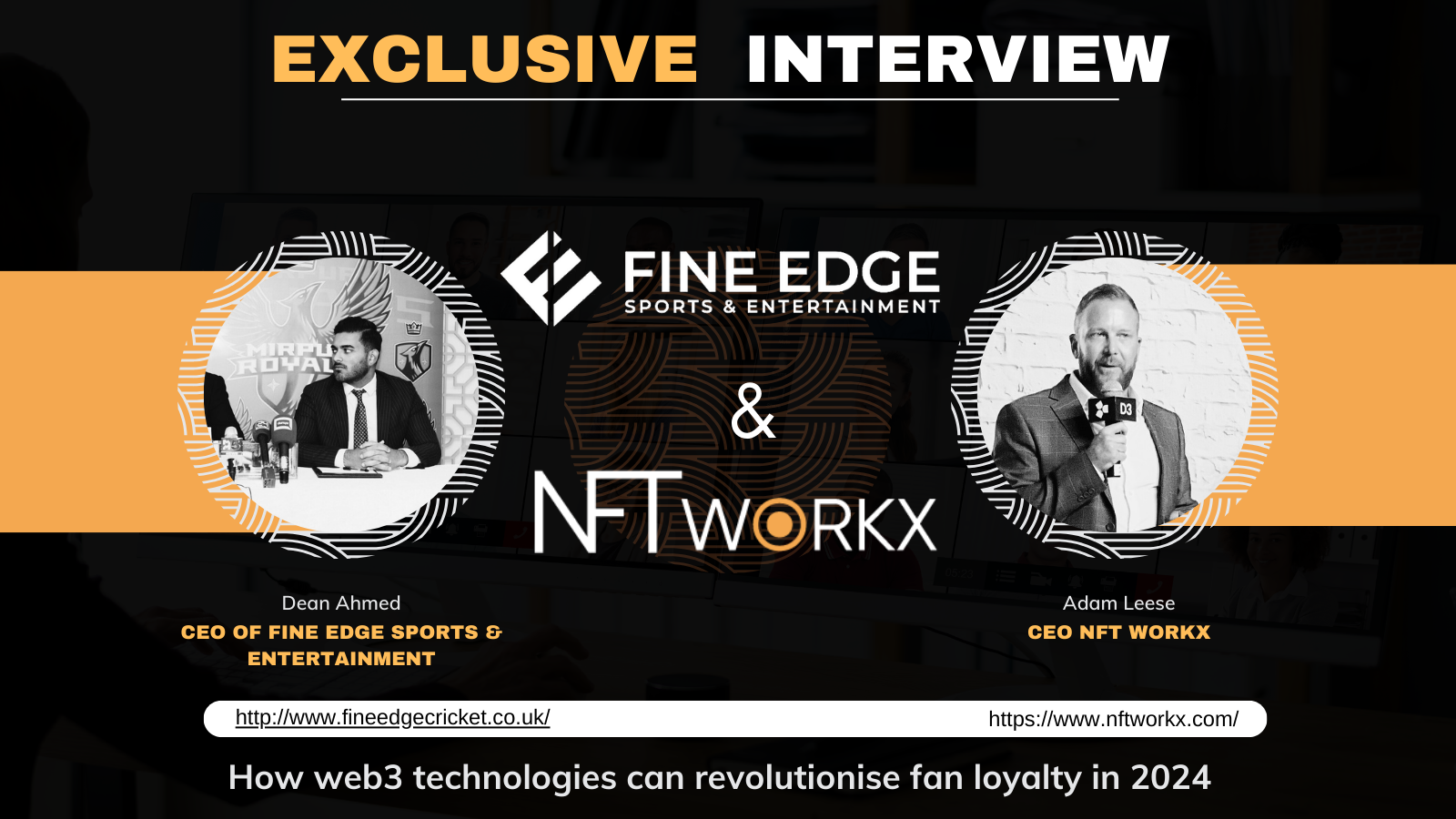One sports-focused web3 initiative that caught my attention recently is RugbyDAO — a new decentralised organisation focused on revolutionising how rugby fans interact with the sport and even help shape its future trajectory.
Intrigued by their vision, I sat down with RugbyDAO President Leanne Bats to unpack how the organisation leverages web3 constructs to incentivize participation and forge an inclusive, sustainable home for global rugby enthusiasts.
In this article, I’ll share key insights from my thought-provoking discussion with Leanne on RugbyDAO’s cutting-edge techniques to increase fan agency through co-creation and shared governance.
For brands struggling to attract next-gen audiences, her perspectives on using web3 models offer much food for thought.
Building Connections Through Shared Passion and Vision

As Leanne explained, RugbyDAO was formed with the awareness that profound shifts occurring in both technology and generational preferences necessitated a new model — one capable of keeping up with rapidly modernising behaviours and expectations.
She succinctly relayed their formation thesis: “Status quo is not going to cut it; it’s not going to fly for this future generation of fans.”
To future-proof engagement, RugbyDAO focuses first on the human motivations it can uniquely provide beyond any bells and whistles.
“We aim to bring rugby enthusiasts from around the globe together no matter where…unite them around that passion for the sport.”
Leanne emphasised how fans innately yearn for meaningful communities and relationships beyond a transactional association with loosely affiliated teams.
It’s common for fans to use pronouns like “we” when referring to teams, as it’s part of sports psychology.
RugbyDAO strives to be the intersection of a product studio and digital fan community. Leanne said it can provide what no standalone media or retail experience delivers: “a place where people feel they belong and can connect to mutually shared interests.” Building genuine, emotional connections around a shared love becomes the foundation.
How to Get the Best Engagement

A core RugbyDAO belief is transitioning fans from passive spectators to empowered co-creators. Leanne asserted that today’s digital natives increasingly “don’t just want to accept the rugby they inherit, but actually shape the rugby they want to see.”
Central here is the DAO’s product studio element, which sources ideas from the Rugger community and then collectively determines which submissions to incubate. Rather than top-down dictates, fans crowdsource imagination and innovations, delivering the next uniforms, tournaments, gear, and more.
Leanne is encouraged by the wider adoption of agile development and no-code tools that facilitate testing many fan-sourced concepts quickly at a low cost. Out of the many seeds planted, a handful of viral hits can then be invested in further. This collective filtering and product-building keeps the work participatory.
Quota-based incentives for early joiners are also critical — granting beta access, decision rights, and other psychological ownership perks. Leanne ultimately views this cooperative process as essential kindling to ignite that elusive “movement” feel sports entities chase.
Ownership and Agency
While collaborative ideation and product creation foster initial stickiness, RugbyDAO’s loyalty plan hinges on introducing participatory governance mechanisms. This representation aligns incentives and gives fans skin in the game for the long term.
Leanne expects that over a multi-year maturation, decision-making authority will gradually decentralise from the core team to engaged users through tokenized voting and other protocols. Whether helping guide high-level growth decisions or low-level moderation issues, this collective self-determination cements emotional investment and durability.
She succinctly explains the philosophical shift — “What we’re trying to do is redefine the relationship between a fan and a sport we love.” Rights like collective treasury oversight ultimately give the most active contributors sway over budgets, expenditures, and more.
If co-creation provides the first meaningful taste of involvement, governance perpetuates it. And as Leanne notes in closing, in web3 built correctly: “the rules can’t be changed afterward — it’s hard coded in.” Clubs and teams pay attention.
The Web3 Loyalty Opportunity

For innovators like NFT Workx building next-gen fan engagement technologies, RugbyDAO’s methodology warrants close inspection regardless of its ultimate destination. Because they attack a universal pain point — captivating digitally-savvy audiences by speaking the language of ownership.
Every industry with an ageing base grapples with this mounting dilemma. And Leanne’s remedy is alluring in its reciprocal simplicity. Rather than costly acquisitions or gaudy promotions, redistribute equity and decision-making rights to the passionate few who are equipped to reach the indifferent many.
Web3 merely provides the means to make this interdependence possible. Imagine plug-and-play loyalty programs with baseline community governance. The fabric weaving brands and fans could permanently change — for the better.













